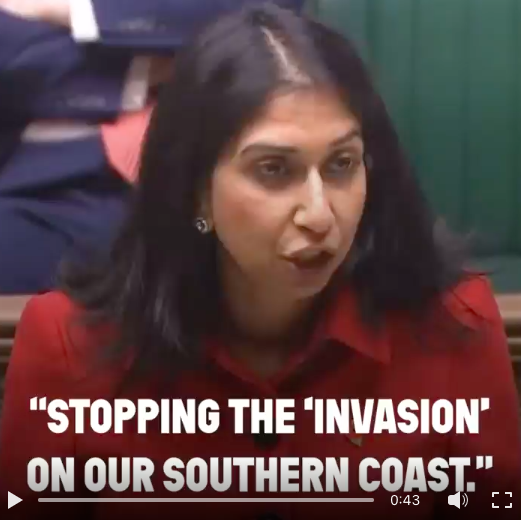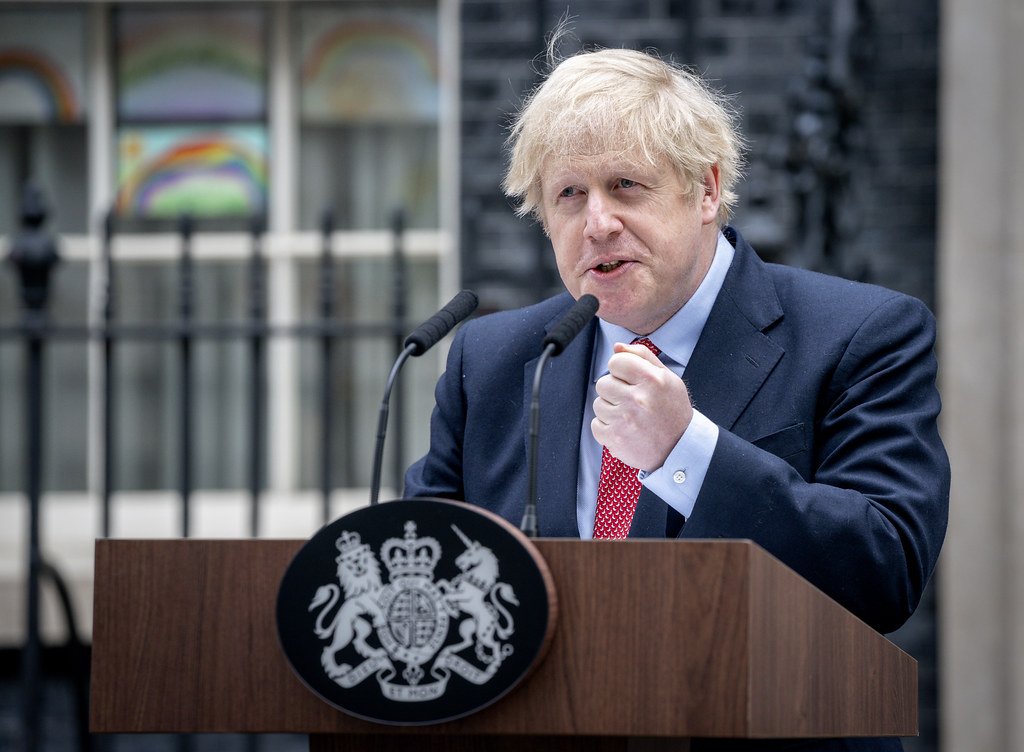
Thoughts

The time for ethical storytelling is now
Last week, Refugee Action brought together over 100 charities to send a letter to the Labour Home Secretary with the following message:
Stop blaming migrants and tackle the UK’s real problems.
What I like best about this message is its ambition; more than a counterargument, it seeks to change the whole conversation. But you can’t deny the emotional power of anti-migrant narratives. So what can the charity sector do to reclaim emotional storytelling for social good?

Charities need to find their climate voice more than ever
Yes, it’s getting hotter all the time, but, according to government research, people are caring less. At the same time, corporations and politicians are variously seeking to distract, lead and mislead the narrative on climate change.
So how can environmental charities find their voice in our cluttered and polarising information landscape?

How Can Charity Language Survive the Woke Backlash?
If woke has failed, what are the consequences for charities, often regarded as the most woke storytellers around? With supporters in increasingly short supply, do they need to reframe their stories of social justice to stay relevant?

The Refugee Crisis, Political Language, and Charity Brands
Who gets to tell the story about the refugee crisis in the UK? Suella Braverman's description of the refugee crisis as an 'invasion' shapes the narrative we all absorb.

‘Partygate’ and the Art of Good Storytelling
For a story to connect with its audience, it needs to be well told. You can have the perfect story structure, the most inspiring lead character and a beautifully evocative theme. But they are nothing without a good storyteller to share them.
